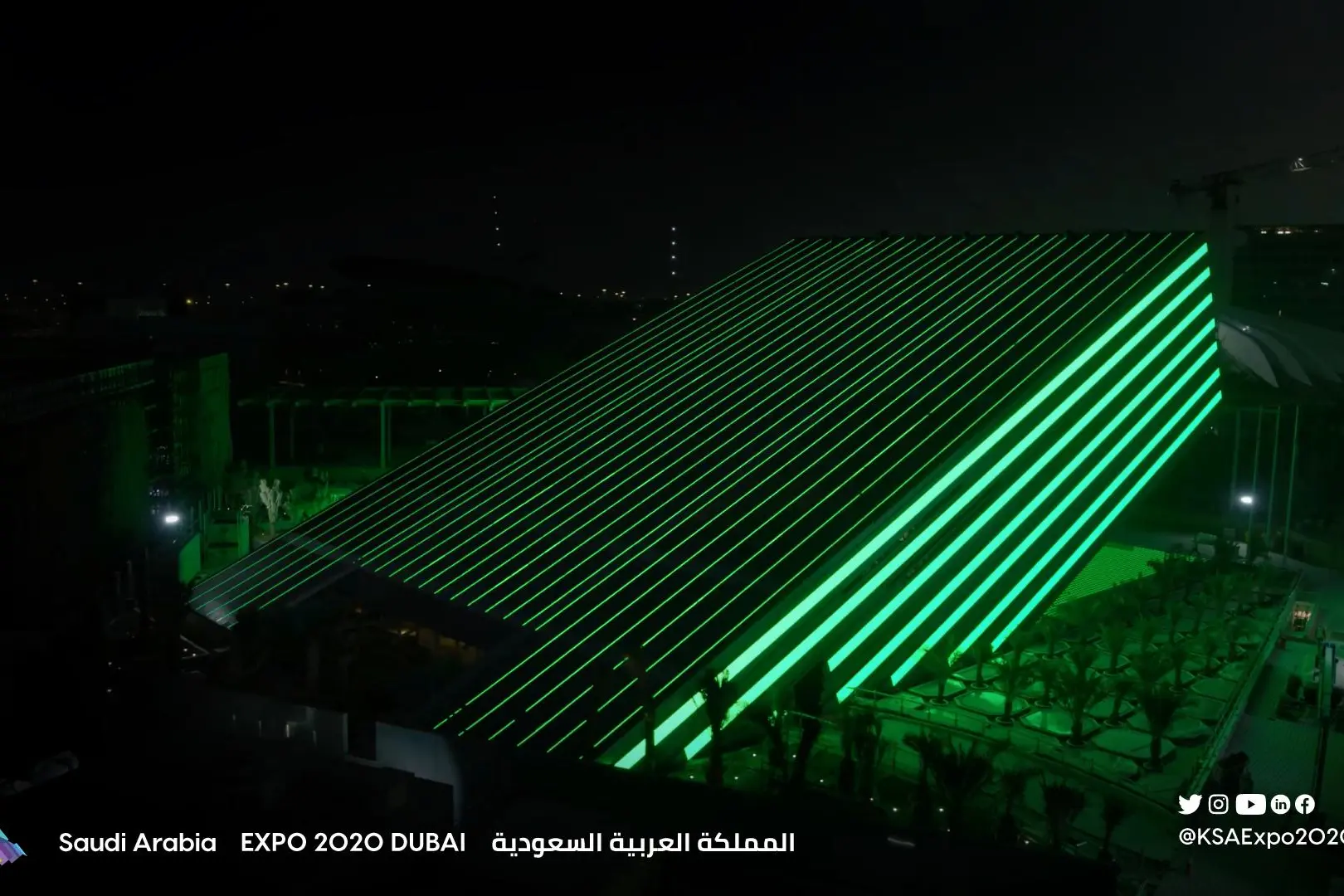PHOTO
Nicknamed ‘Lucy’ by anthropologist Donald Johanson and his student Tom Gray, the fossil was discovered in 1974 among a maze of ravines at Hadar in northern Ethiopia.
The skeleton, when reconstructed, composed about 40 per cent of a petite female with an ape-sized brain who stood just over one metre tall. Johanson named Lucy’s species Australopithecus afarensis, which means ‘southern ape of Afar’.
Ambassador Jerusalem Amdemariam Tadesse, Consul-General of Ethiopia, said visitors at the pavilion will have an opportunity to see the oldest human fossil and other ancient treasures that are among Ethiopia’s rich prehistoric and paleontological heritage.
“Ethiopia is as old as time itself. It is the cradle of humanity where humans first began to walk upright. Our pavilion will showcase Ethiopia as a land of origins and opportunities,” she told Khaleej Times in an exclusive interview.
Located at the Opportunity District, the Ethiopian pavilion is divided into three zones.
The ‘Origin of Now’ zone will showcase the Cave of Information that will take visitors into a low dark space. The walls and ceiling of the cave will be covered with ancient symbols, images and screens showing Ethiopia’s history as the cradle of mankind.
“At the end of the cave, visitors will find ‘Lucy’ surrounded by the unique calendar of Ethiopia,” said Tadesse.
The zone will also include a wall of history, displaying ancient objects, tools, craft, jewellery and information about Ethiopian tribes, books and architecture. The space will also include mirror panels, which will provide the visitors with an immersive experience.
The second zone — ‘Origin of Opportunity’ — will also showcase textile manufacturing techniques and Ethiopian products such as Teff and sesame seeds.
The ‘Origin of Us’ zone is dedicated to traditional Ethiopian games, from the classic Gerbeta board game to Sengo Maksengo. In the same space, visitors will learn about the culture and history of Ethiopia including coffee-making, its gift to the mankind.
The diplomat said the African country that has emerged out of the shadows of a grim past will also tell the success story of the rapid economic development of Ethiopia at the World Exposition that will be held from October 1, 2021, to March 31, 2022.
“Our presence in the Expo 2020 has aimed at positioning Ethiopia as a safe, unique and diverse tourist destination, promoting the wide range of export products that Ethiopia is offering to the world and introducing the untapped investment opportunities in our country,” she said.
Approximately more than 150,000 Ethiopian nationals live in the UAE.
Ethiopia is the UAE’s 14th largest import market from Africa and 12th largest export market. The UAE’s total non-oil trade with Ethiopia averaged at US$830 million per year from 2014 to 2019. The major imports from Ethiopia include meat, pearls and precious stones, coffee, tea, spices, vegetables, live trees, cut flowers, preparations of cereals, textile articles, apparel and clothing accessories, fruits and nuts and dairy.
“Today, Ethiopia has a dynamic present as a business and investment destination, but its history stretches back to before recorded time. Through our pavilion, Ethiopia invites the world to see the parallels between history and now and how these links to opportunities for the future,” said the consul-general.
Copyright © 2021 Khaleej Times. All Rights Reserved. Provided by SyndiGate Media Inc. (Syndigate.info).





















